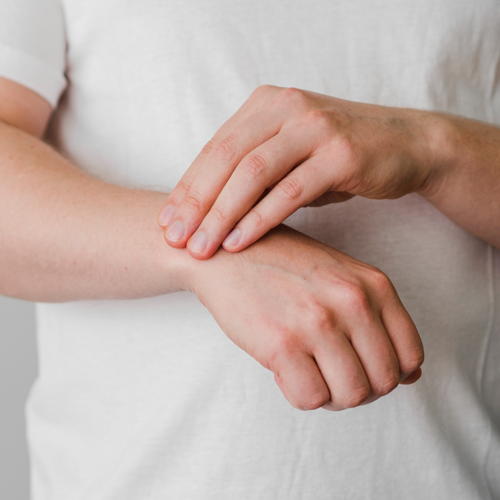Evaluating the readability, quality and reliability of online information on Behçet’s disease

All claims expressed in this article are solely those of the authors and do not necessarily represent those of their affiliated organizations, or those of the publisher, the editors and the reviewers. Any product that may be evaluated in this article or claim that may be made by its manufacturer is not guaranteed or endorsed by the publisher.
Authors
There are concerns over the reliability and comprehensibility of health-related information on the internet. The goal of our research was to analyze the readability, reliability, and quality of information obtained from websites associated with Behçet’s disease (BD). On September 20, 2021, the term BD was used to perform a search on Google, and 100 eligible websites were identified. The Flesch Reading Ease Score (FRES), Flesch-Kincaid Grade Level (FKGL), and Gunning Fog (GFOG) were used to evaluate the readability of the website. The JAMA score was used to assess the websites’ reliability, the DISCERN score and the Health on the Net Foundation code of conduct (HONcode) were used to assess quality, and Alexa was used to analyze their popularity. Sections of the text were evaluated, and the results revealed that the mean FRES was 35.49±14.42 (difficult) and the mean GFOG was 14.93±3.13 years (very difficult). According to the JAMA scores, 36% of the websites had a high reliability rating and 20% adhered to the HONcode. The readability was found to significantly differ from the reliability of the websites (p<0.05). Moreover, websites with scientific content were found to have higher readability and reliability (p<0.05). The readability of BD-related information on the Internet was found to be considerably higher than that recommended by the National Health Institute’s Grade 6, with moderate reliability and good quality. We believe that online information should have some level of readability and must have reliable content that is appropriate to educate the public, particularly for websites that provide with patient education material.
How to Cite

This work is licensed under a Creative Commons Attribution-NonCommercial 4.0 International License.
PAGEPress has chosen to apply the Creative Commons Attribution NonCommercial 4.0 International License (CC BY-NC 4.0) to all manuscripts to be published.










